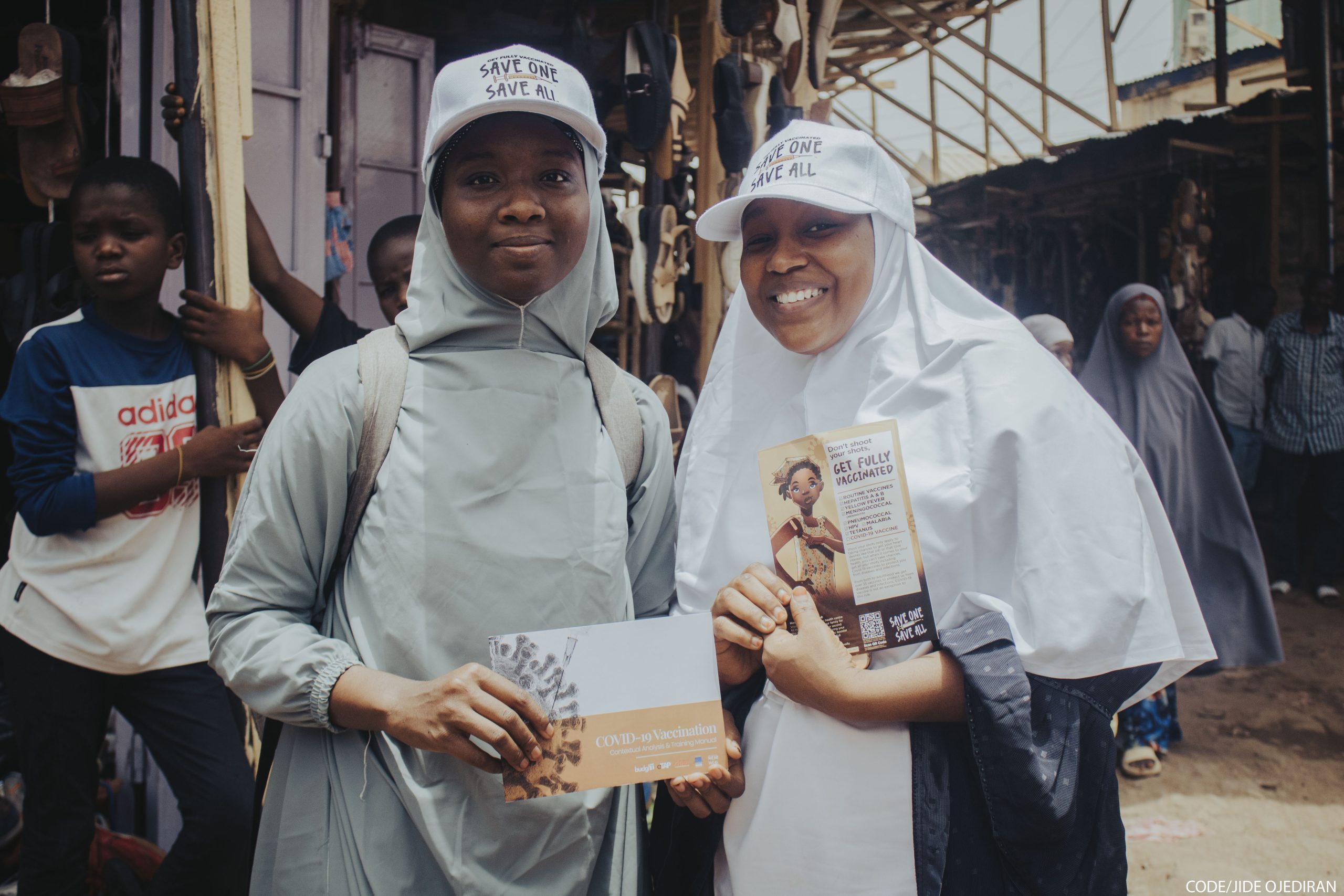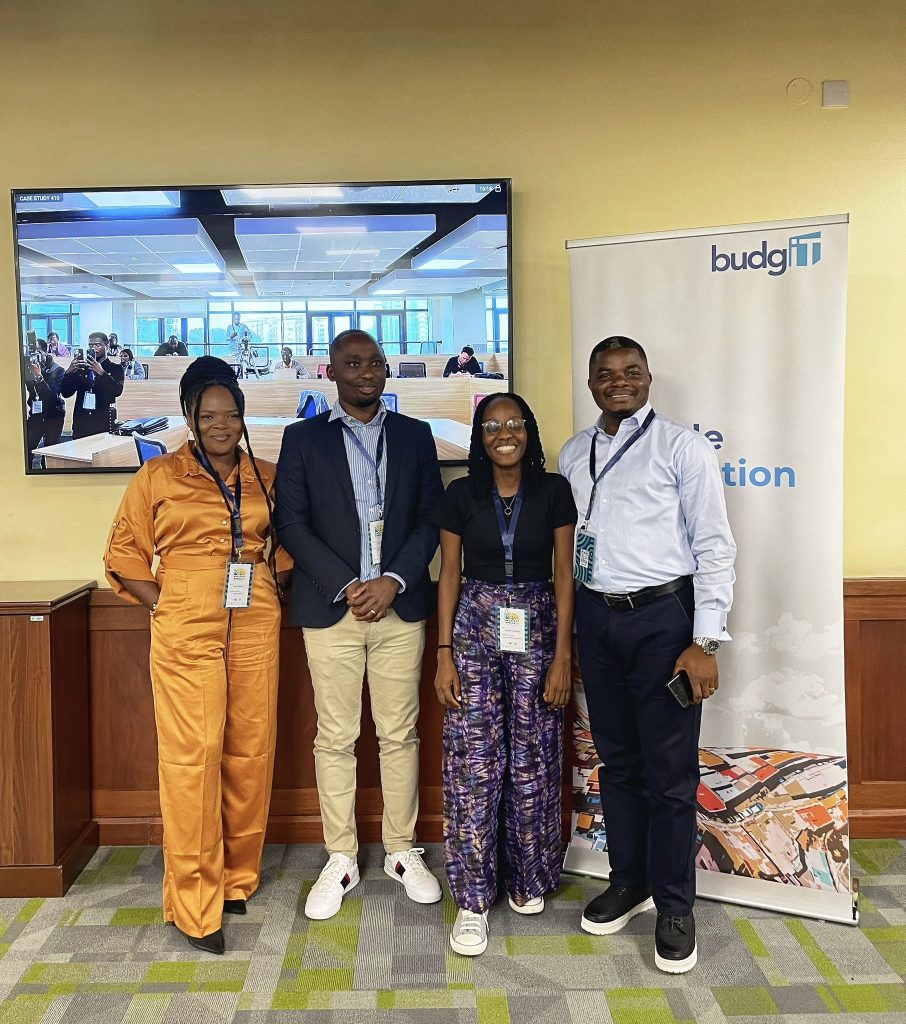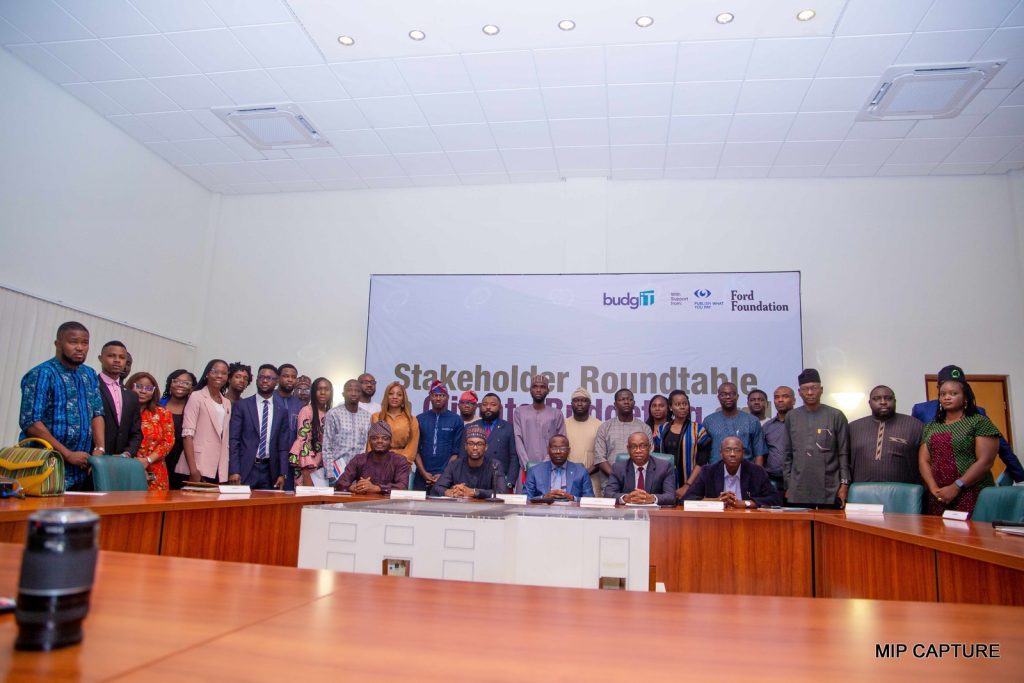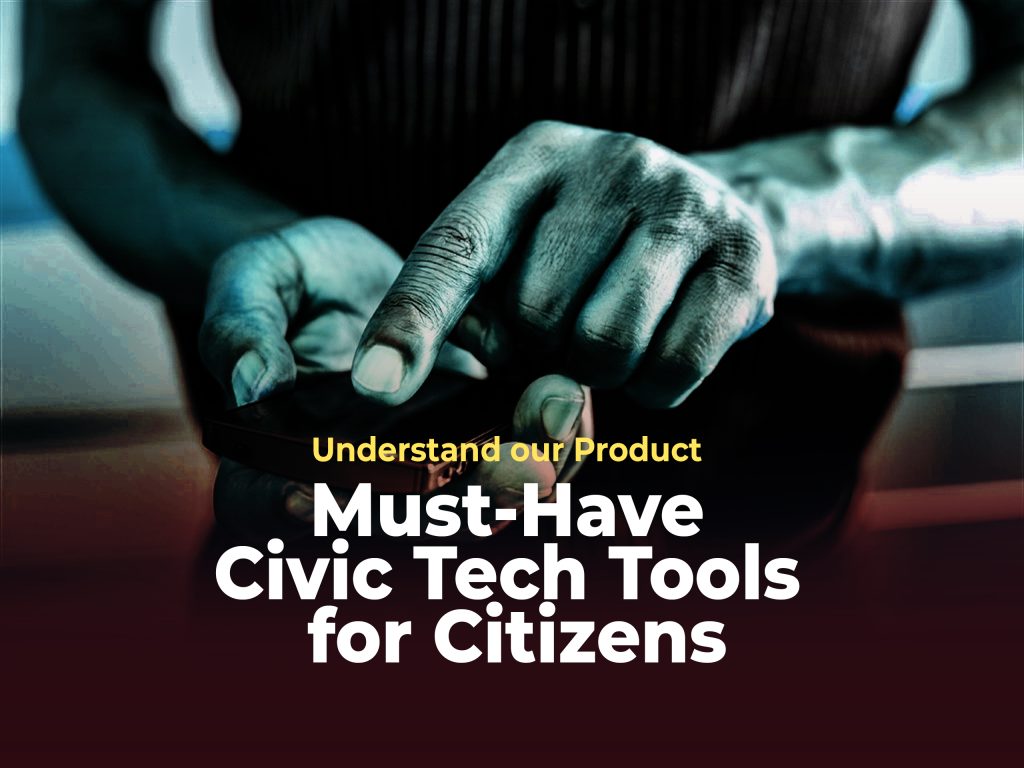Gombe, a traditional city in Northeast Nigeria with vast uncultivated fertile land and religious diversity, welcomed us as the CTAP Save One Save All campaign took its message to the citizens of the Northeast this time.
The three days event started with a town hall meeting with health leaders from all Northeast states—Adamawa, Bauchi, Borno, Gombe, Taraba, and Yobe. Mukhtar Halilu Modibbo, CODE CTAP team lead, opened the conversation by highlighting the scope of the CTAP project.
CTAP Project Scope
This is what you should know about the CTAP project from what was said in the town hall meeting:
- Create more awareness about COVID-19 and its coverage and address some of its challenges
- Share information on how other nations have conducted their COVID-19 vaccination activities
- Spotlight CTAP’s effort and the organizations behind it
- Find solutions to problems people face with getting vaccinated
- Create awareness about innovations in the COVID-19 vaccine administration
- Help stakeholders gain a new experience to help promote the campaign at the grassroots
- Create opportunities to enhance learning and a common platform for keeping in touch with the latest developments
- Understand the challenges facing healthcare workers and ways to combat them
Iyanuoluwa Bolarinwa, BudgIT, CTAP team lead, while speaking to the health leaders, encouraged them to ask questions and interact with one another. In response to the outstanding success of the CTAP campaign since its inception, he added, “We believe having this conversation helps our research, and so far, we’ve done more than 19 research on COVID-19. We hope to collaborate with those in touch with the common people to keep the CTAP campaign going.”
He noted that although the vaccination exercise has witnessed tremendous progress, researching, patenting, and developing vaccines locally has been impossible. Meanwhile, the biggest challenges so far in the progress of the vaccination exercise are vaccine hesitancy, equity, and distribution.
COVID-19 Vaccination Challenges in the Northeast
The gathering highlighted many challenges faced in the COVID-19 vaccination exercise peculiar to the Northeast.
Influence from religious and traditional leaders: These are the two biggest influencers stopping people from taking the vaccine. In different scenarios, religious, traditional, and political leaders hold enormous influence and can tell their followers to get or reject the vaccine. In many cases, the latter has been their counsel, which gives the uninformed followers room to believe the vaccine must be a very dangerous drug.
Superstitions: It is also widely believed by many who won’t get the vaccine in Bornu that the distance between Lagos and Bornu is too vast for COVID-19 to travel down. Even worse, Yolaians believe they can’t get COVID-19 because of the sun. They must have been reading too much of ancient novels to come to this conclusion because, I mean, the gods of the sun, Ra and the rest, were such powerful ones in ancient history. And talking about the sun, one of the BudgIT community champions in Gombe, Muazu Alhaji Modu, told me the almost-harmattan weather was due to global warming.
Coercion to take the vaccine: It was also reported that health workers take people forcefully from their homes to the health and quarantine centers at the slightest show of any illness. This reinforces the belief that the vaccine and the pandemic are a sham.
Other challenges are:
- Using soldiers to administer the vaccines for security-compromised areas after training them
- A common belief that the vaccine expires after a few hours and, therefore, dangerous
- Misinformation, such as the belief that the vaccine will prevent one from having children, etc
- A misconception that nothing good comes from the West, such as using the vaccine to reduce the world’s population, or it’s a manmade disease with an ulterior motive. This frustrates the government and health workers’ efforts
- Negative rumors from social media breed fear in people
- People connive with health workers to get fake cards when they want to travel
- No support, funding, or partnership to encourage health workers, plus a breakdown of servers and vaccine shortage
- Non-payment of salary owed vaccination officers (ad-hoc staff) who worked during the pandemic across all the Northeast states
- Using untrained vaccine officers who are squeezed in because they know someone with some influence
Market Sensitization
The next day, we had a market sensitization walk at the popular Gombe Old market, where we met with their vice-chairman and other leaders. In support of our campaign, they assigned two of their members (the PRO and Organizing Secretary) to accompany the team as they went around the market.
Palace Visit and Campus Activation
On the third and final day, we paid a short courtesy visit to Lamido Gona’s palace, where we interacted with him and the palace councilors. From there, we moved our campaign train to the Federal College of Education (TECH), Gombe, where students of the school joined us in the meeting hall. We ran a quick poll by raising hands to know how many had received the vaccine. Unfortunately, less than ten percent of the over 50 students have taken the vaccine. Iyanu and Mukhtar encouraged them to take the vaccine to be safe and protect others.
“Covid is real, and just because we are not contacting it doesn’t mean it’s gone,” Mukhtar told them. Iyanu added, “The COVID-19 barcode will take you to a WhatsApp platform to ask questions you have on the virus and get information on the closest primary healthcare center close to you.”
Lastly, we had a heart-to-heart talk with the Dean of Students Affairs, Ali Auta, Muhammad Naseer Abubakar Dukku, CNO, and Andrew Istifanus, Deputy registrar, who welcomed us warmly. They were eager to help the CTAP mission run in the school and requested a more robust campaign during the three-day matriculation orientation exercises.
Conclusion
More work must be done to get many Nigerians, especially the uninformed, religiously brainwashed, and superstitious, to buy into the COVID-19 vaccine and others. This is the CTAP message, and we believe that to make this happen, the government and civil society, community leaders, and healthcare workers must come together. More importantly, all African countries’ governments and political leaders should invest in local vaccine production and finance vaccine manufacturing and health research at public and private sector levels.
Profound thanks to Hilton Foundation for making this possible.



